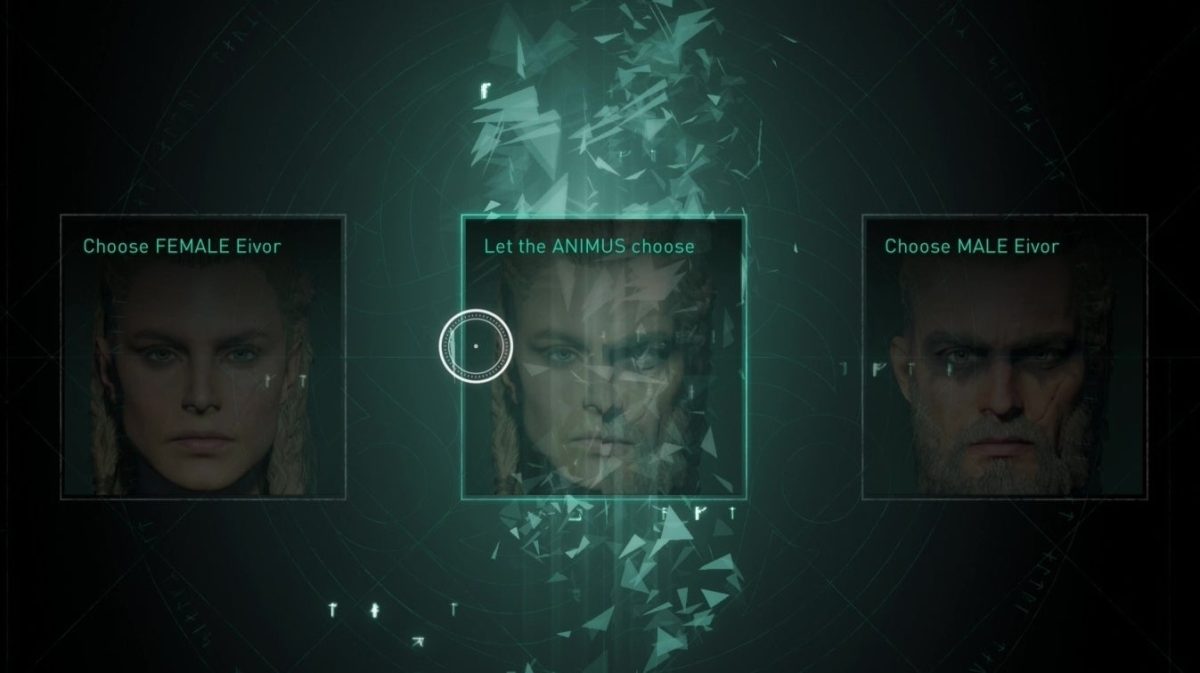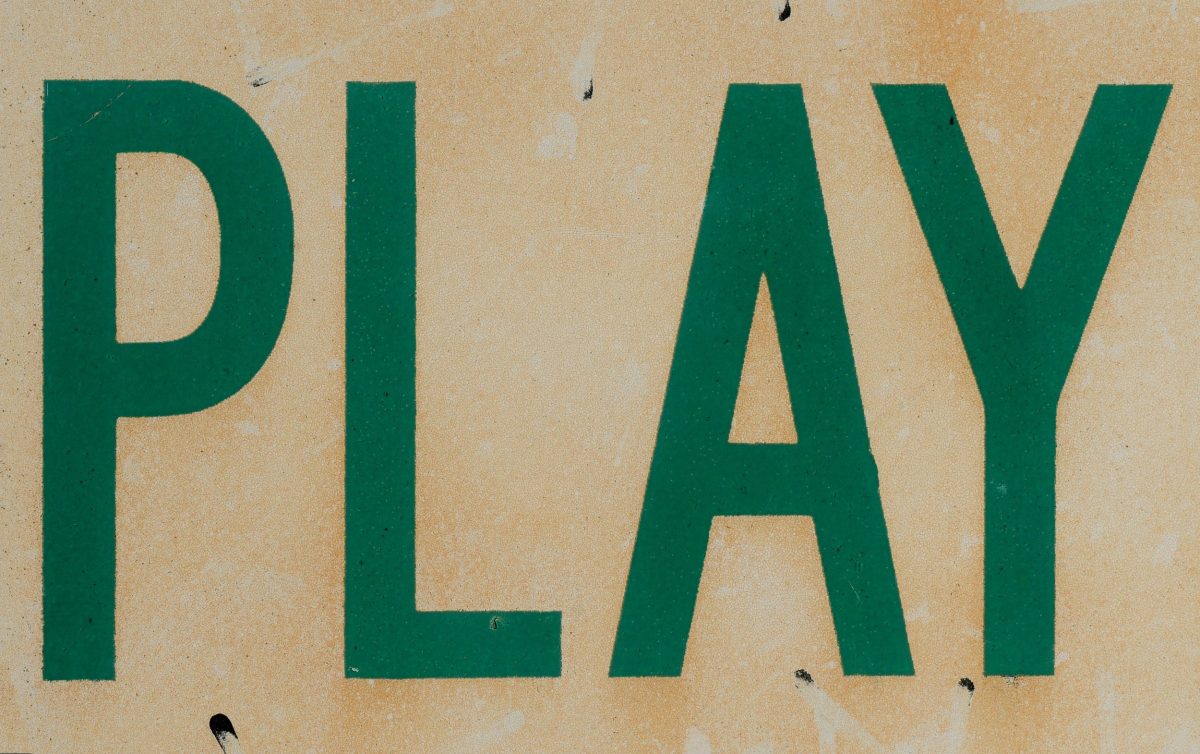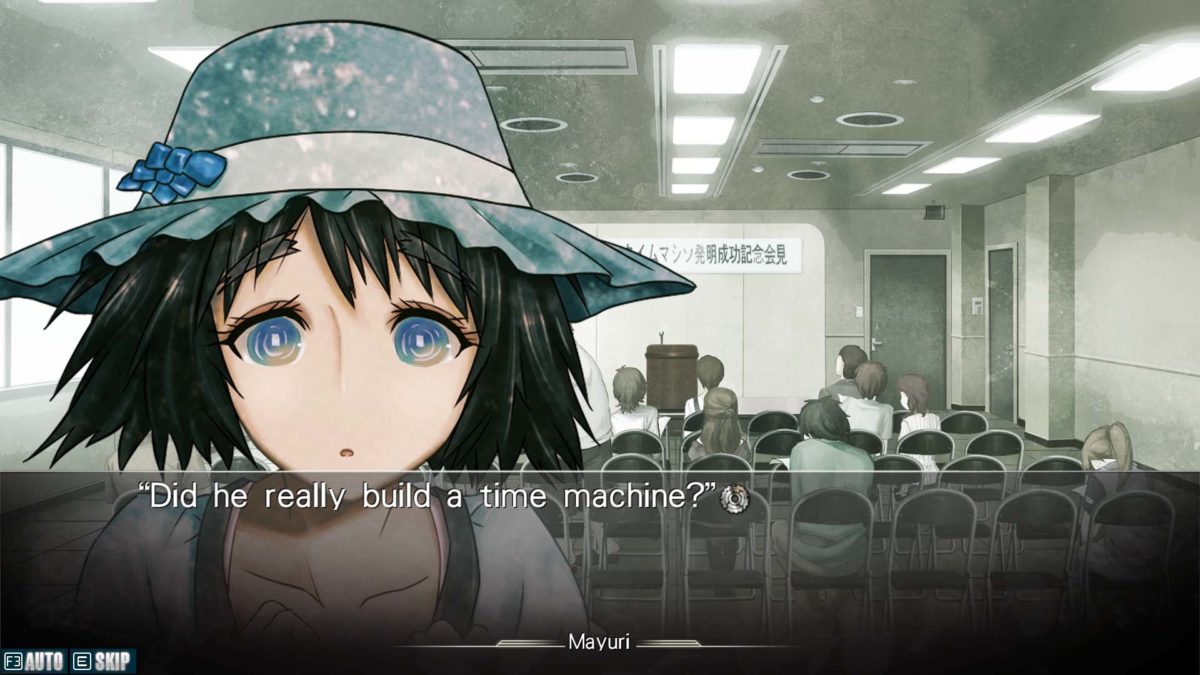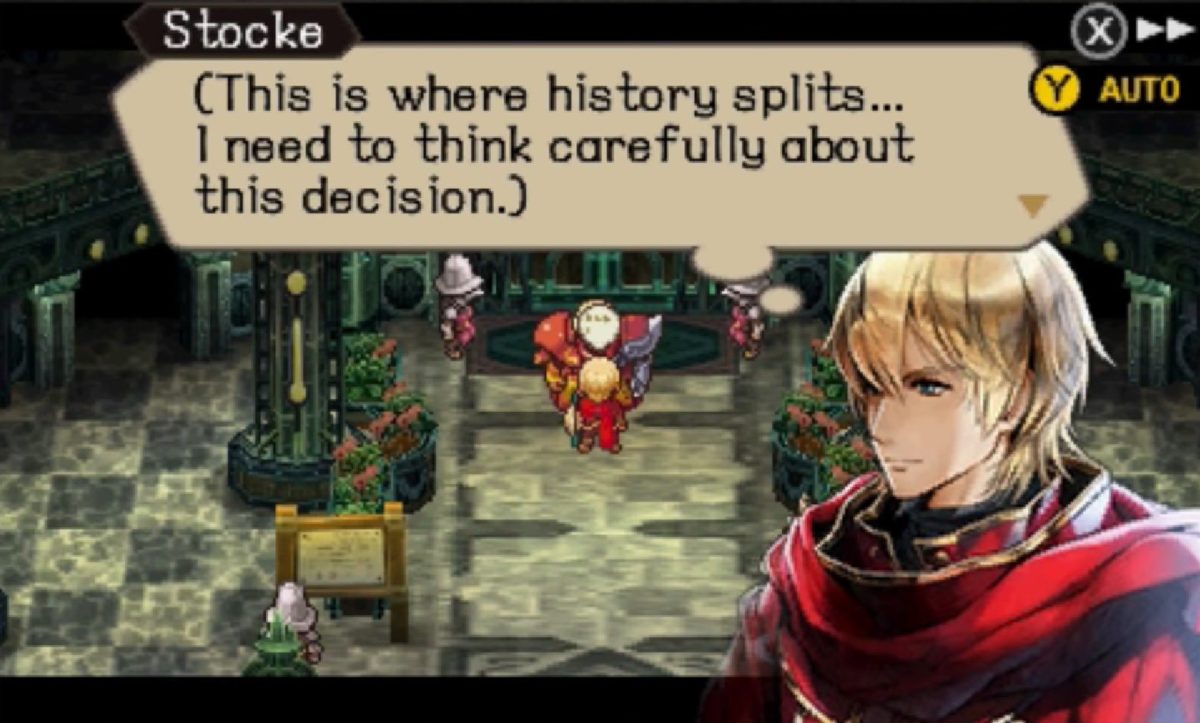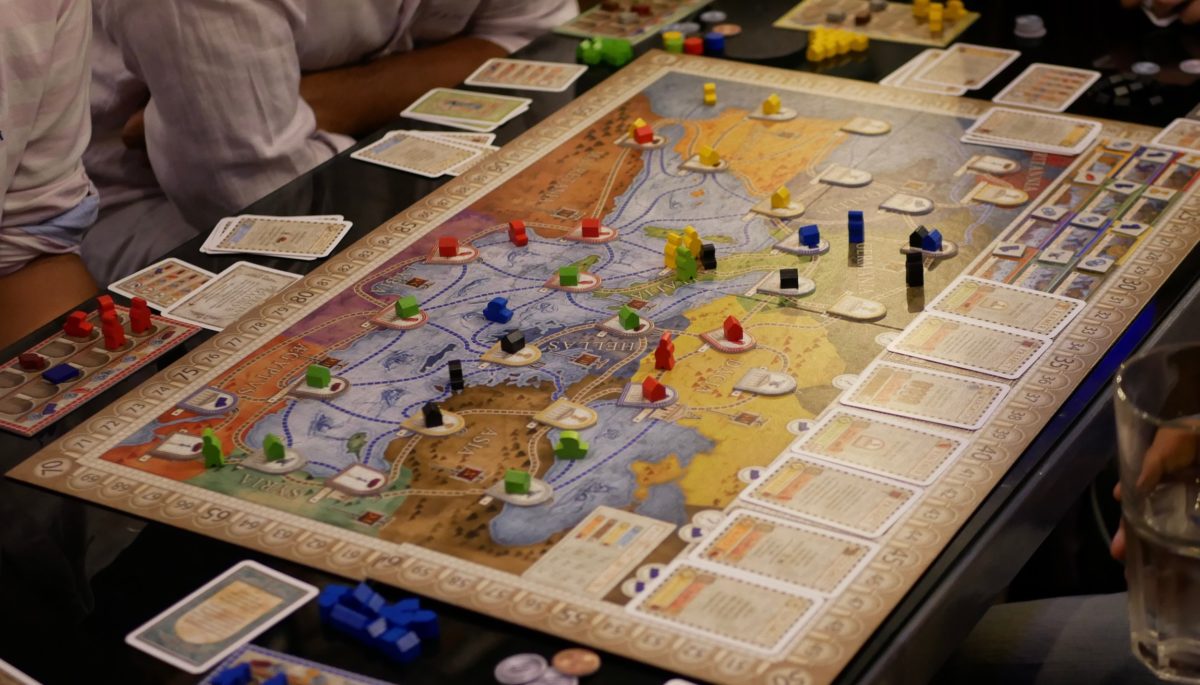Guest chair/convenor: Tess Watterson Gender shapes the way that we interact with the world, and thus the way we interact with and in virtual worlds. From avatar creation and embodiment, to the design of non-player characters and in-game interactions, to the marketing and popular reception of games – gender is a crucial factor but not […]
Call for Contributions – Gender
